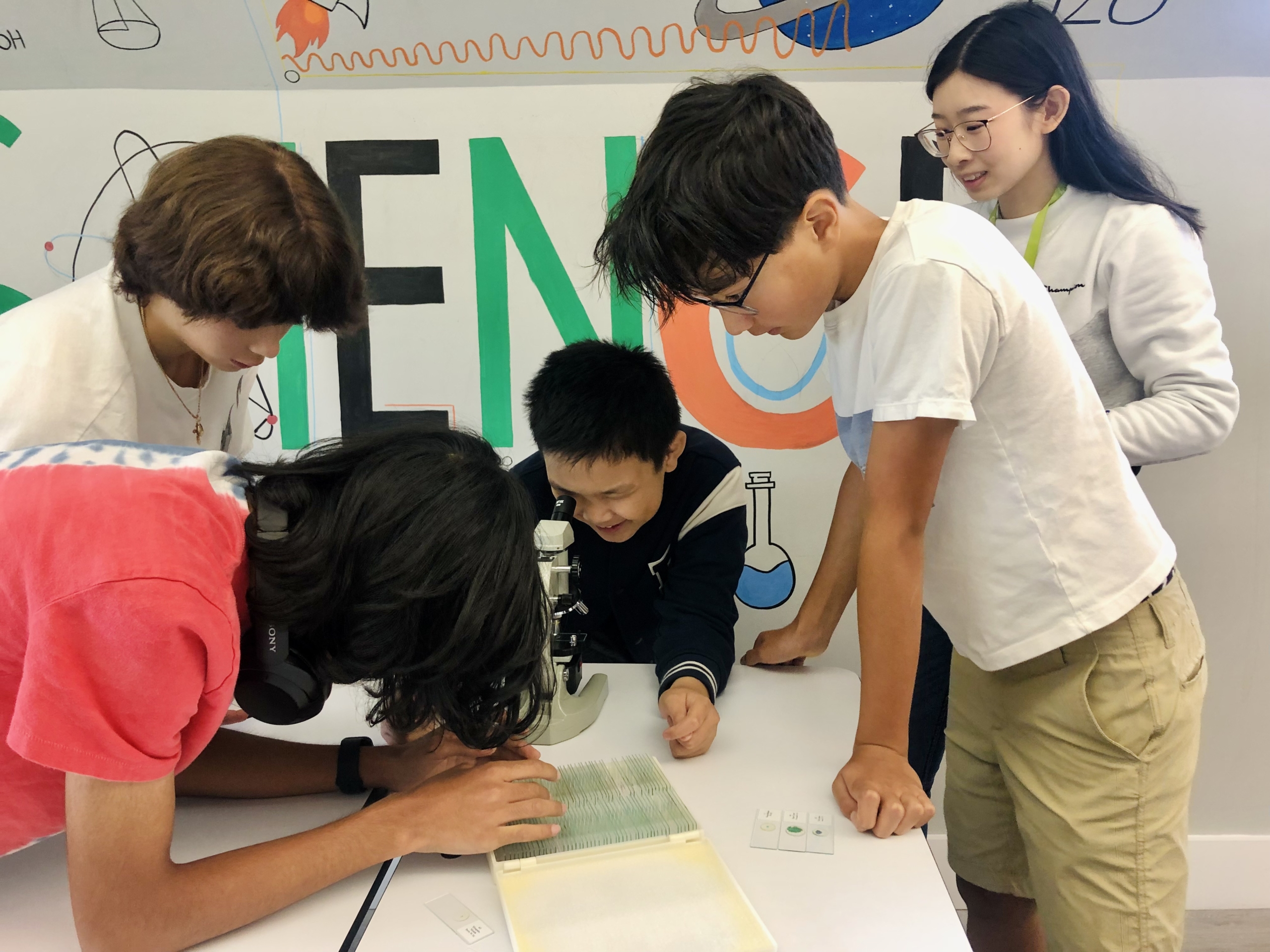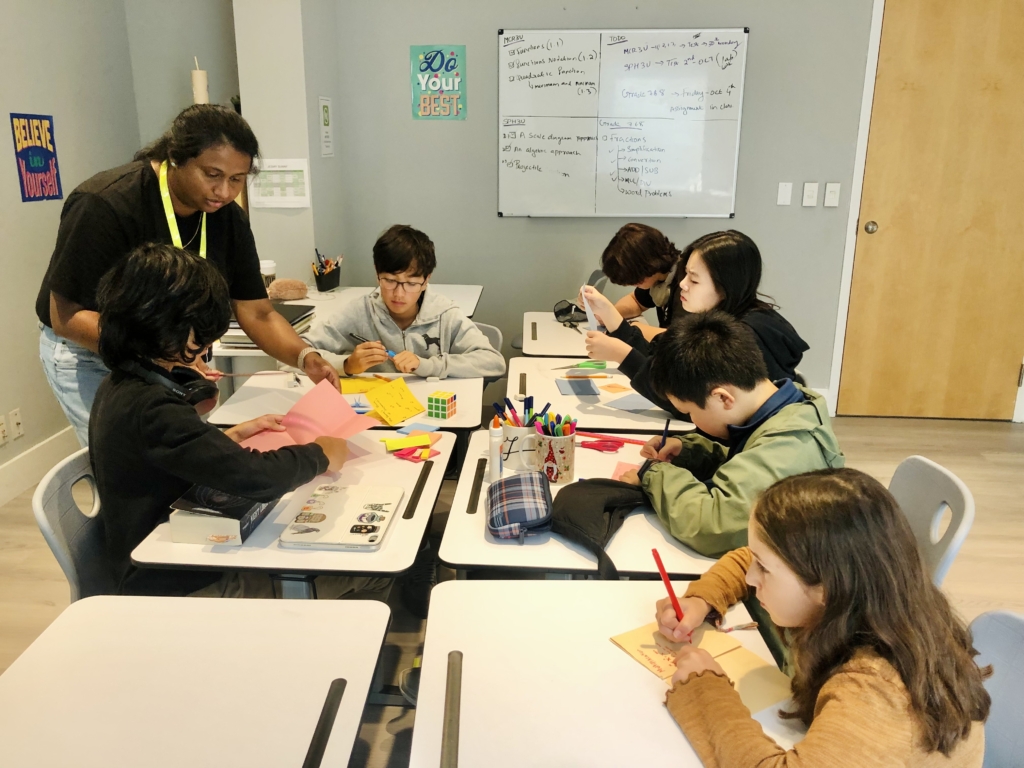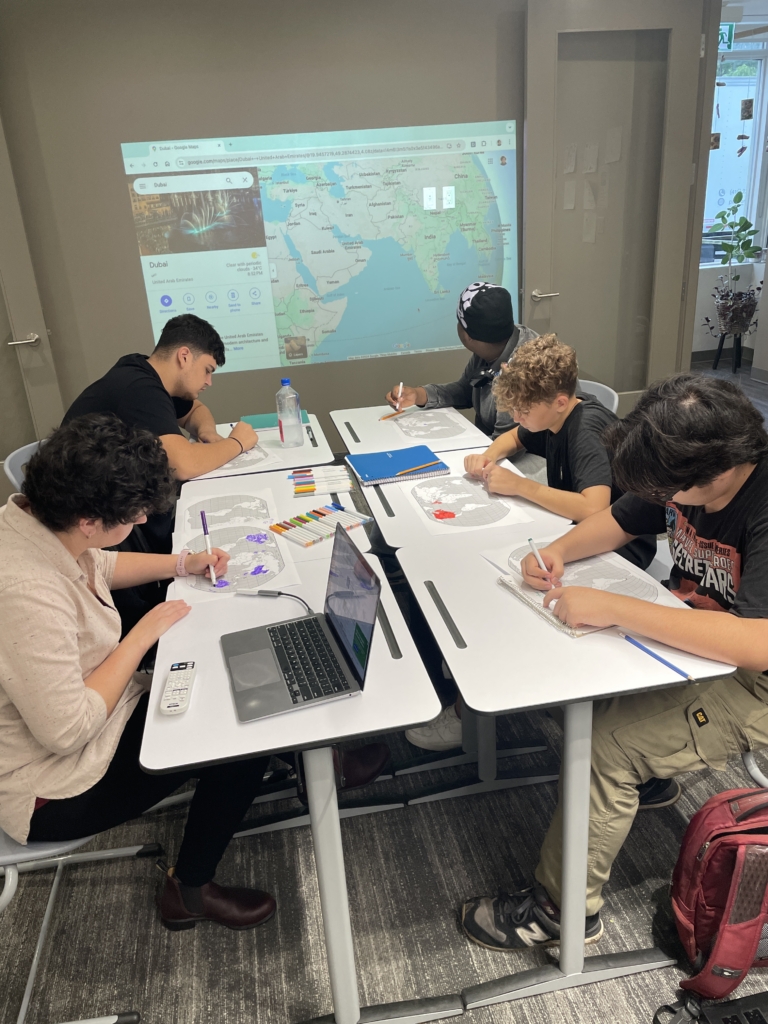Today we continue our series on how middle school students can best prepare for entry into high school. As we have been discussing, some degree of familiarity with the grade 9 curriculum and the key compulsory courses is beneficial to middle schoolers, as it will give them an advantage when starting their new courses.
Remember to take a look at our other posts in this series:
The next compulsory course we will explore is grade 9 Science (SNC1W). This course serves as a crucial foundation for all senior-level science courses, many of which are compulsory for students who wish to study science-related degrees in post-secondary school. For this reason, having a knowledge of the concepts that will be explored in grade 9 Science prior to entry in the course is extremely important.
To be successful in grade 9 Science, students should develop a strong foundation in several key areas that support their understanding of scientific concepts, inquiry, and problem-solving.
Here’s what students should focus on:
- Scientific Inquiry and Skills
- Understand the scientific method, including forming hypotheses, conducting experiments, analyzing results, and drawing conclusions.
- Practice organizing and interpreting data using tables, graphs, and charts.
- Familiarize yourself with safety procedures for handling chemicals and lab equipment.
- Biology
- Learn about ecosystems and the interactions between living (biotic) and non-living (abiotic) components.
- Understand energy transfer in food chains and food webs.
- Explore the impact of human activities on biodiversity and sustainability.
- Chemistry
- Understand atomic structure, including protons, neutrons, and electrons.
- Familiarize yourself with the periodic table and the properties of metals, non-metals, and metalloids.
- Learn to differentiate between physical and chemical changes (e.g., melting vs. combustion).
- Physics
- Build knowledge of electricity, including current, voltage, resistance, and simple circuits.
- Practice constructing and analyzing series and parallel circuits.
- Explore energy conservation and renewable energy sources.
- Earth and Space Science
- Learn about celestial objects, including stars, planets, and moons.
- Understand Earth’s movements and their impact on day, night, and seasons.
- Explore Canada’s contributions to space exploration.







